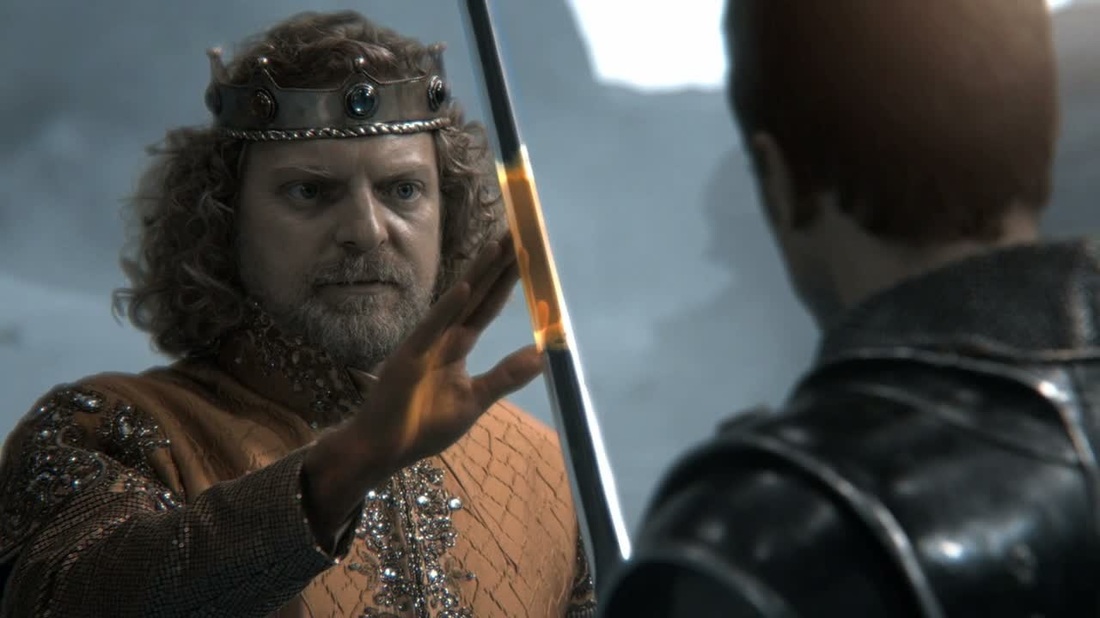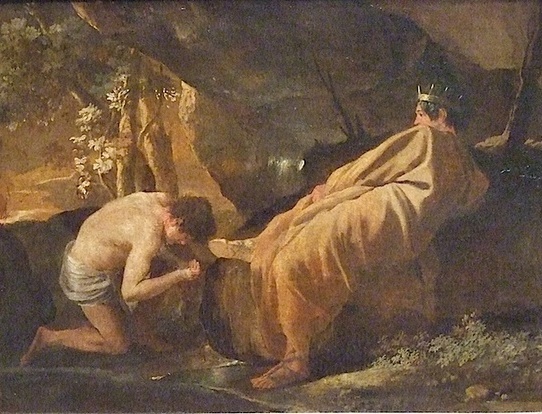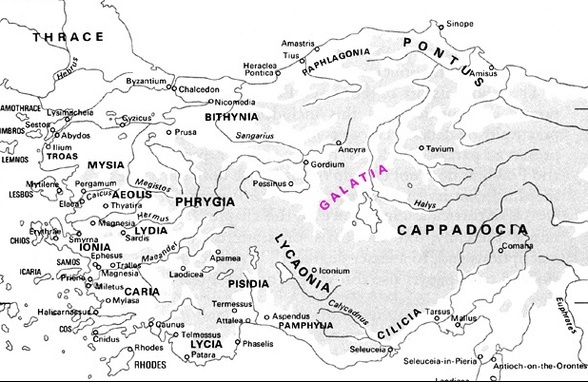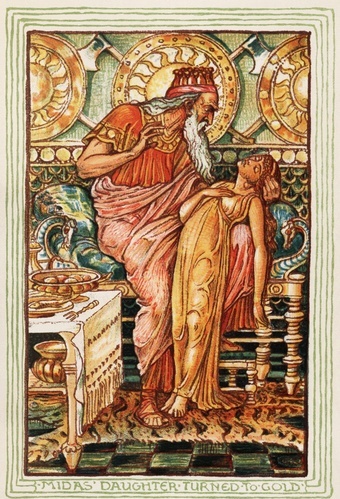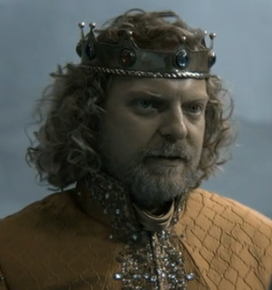|
By Chris Fitzner More than two thousand years have passed since the time of the ancient Greeks, but their rich body of myths remains with us, resonating through the centuries. Many of us grew up learning the most basic Greek myths and about the twelve Olympians: Zeus, Hera, Athena and Apollo among them, still familiar “household names”; deities, heroes and impossible beasts. The Greeks lived in a harsh and often inexplicable world and as human beings do, they turned to religion to explain the whys and hows of that world. Why was there thunder and lightning in the sky? Oh, Zeus must be angry. How did the sun cross from east to west each day? Apollo rode his fiery chariot across the sky. In our own century, we have science to explain much of what the ancient Greeks attributed to their gods (seasons, disasters, celestial events, wars). The technology in everyday life and medical advancements would seem nothing short of miraculous to an ancient Greek. We don’t need the old stories to cushion our lives anymore, but the ancient Greeks are still with us, in our language and culture, in ways we probably don’t realize. Above: Nicolas Poussin - Midas at the source of the Pactolus That “herculean” task of cleaning your room, the “echo” of your voice in a barren room, even the “cereal” you had for breakfast; Hercules, Echo and Ceres, embedded in the English language and used without much thought give to the origin of the words. Phrases like “opened a Pandora’s box” or “that was his Achilles heel” also come to us from Greek myth and legend. Literature (James Joyce), theatre (Pygmalion, Oedipus Rex), film (Clash of the Titans) and popular television shows (Hercules, Spartacus and Xena), there are countless examples and more appearing every day as we reinterpret, retell and reclaim these stories for modern times. It comes as no surprise then that the creators of Once Upon a Time also reached into antiquity and incorporated King Midas and the theme of the short-sighted wish into their first season narrative. Though we don’t see much of him, King Midas is the first non-fairy tale character used in Once Upon a Time. They portray him as what is best known: the king with incredible wealth, able to turn anything he touches into solid gold. This King Midas, played by Alex Zahara, wears special gloves to suppress his golden touch. It is Midas’ good will and wealth that King George desires, thinking it will save his troubled kingdom and he will do anything to acquire it. Blinded by his own greed, King George is undeterred even when he loses his beloved son, and he turns to a more sinister “Dionysus” by calling upon Rumpelstiltskin to replace his son before he loses the chance to acquire Midas’ wealth. Above: Map of Ancient Turkey The King Midas of myth was the king of Pessinus, capital of Phrygia, a region in what is now modern-day Turkey. It is said that he was the adopted son of Gordias (of Gordian Knot fame) and Cybele (a goddess of the Earth in its primitive state). There are several, and often contradictory, legends about Midas but he is best remembered in mythology for the ability to turn everything he touched into gold (“the golden touch” or “the Midas touch”). Ovid tells us in the Metamorphoses that it was Midas’ poorly chosen reward for reuniting the god Dionysus with his foster father, Silenus. At first, Midas was exuberant with his gift, joyful as he transformed twigs, stones, and apples all into gold. When, at last, Midas sat down to his meal, he discovered that he could not eat or drink as even his food turned to gold at his touch. Facing starvation, he finally realized the folly of his choice. Midas lamented his misfortune, even amid his great wealth, and cried out to the heavens for help. “Oh pardon me, father Lenaeus! I have done wrong, but pity me, I pray, and save me from this curse that looked so fair (Ovid [127]).” Dionysus, because the king had confessed his fault, restored him and annulled the favour granted. He directed the king to the headwaters of a mountain stream (the river Pactolus) to submerge himself in the icy waters and wash away the curse. Having done as Dionysus had instructed, the power left the king’s body, tinging the stream and the “adjoining fields, touched by this ancient vein of gold, are hardened where the river flows and colored with the gold that Midas left. (Ovid [127]).” Above: Illustration by Walter Crane for Nathaniel Hawthorne's 1893 version of the Midas Myth This is how the people of Phrygia explained why the river Pactolus was so rich with gold deposits. The tale of Midas also served to teach the Greeks of the “short sighted wish” and to be careful for what you wish. The king, blinded by his greed, chose to have the power to turn whatever he touched into gold and in the end risked starving himself; some versions have King Midas accidentally killing his daughter by turning her into gold. Child sacrifice was a common theme in Dionysian myths in which he punished mortals indirectly, sometimes by having them kill their own children. “All magic comes with a price” and Midas paid the ultimate price to Dionysus for his greed, with the life of a beloved child. In Once Upon a Time, it is not a daughter who Midas accidentally turns into gold, but her true love, Frederick, a knight who saves Midas from brigands while he is travelling. We’ve yet to see how Midas came to be cursed with the golden touch, and as he is a character we’ve only seen once (in “The Shepherd”), we may never know. King Midas, portrayed by Alex Zahara, on Once Upon A Time
“Be careful what you wish for” is a theme littered throughout Once Upon a Time from the very beginning with Emma’s lonely birthday wish all the way up to Rumpelstiltskin’s grab for the Dark One’s power. In Rumple’s tale there are many subtle nods to King Midas, though he didn’t turn Baelfire to gold, the power tears them apart. He suffers from a different kind of starvation, that of a long life without love. The instant Rumpelstiltskin let go of his son he realized his mistake and cried out to the heavens for help which arrived in the form of the Blue Fairy. Unlike Midas, Rumpelstiltskin stayed true to form and continued to make bad choices. Will he eventually cry out seeking to end the curse as King Midas had implored the gods to end his? Or is he doomed to starve, empty heart and blackened soul? As Once Upon a Time gathers more momentum it will be interesting to see if the creators draw from antiquity again or if they will stop with Midas. I, for one, would love to see a sword- wielding Emma astride winged Pegasus, racing through the skies over Storybrooke. Work Cited Ovid. Metamorphoses: Book 11 Theoi,E-Texts Library. Theoi Project. n.d. Web. http://www.theoi.com/Text/OvidMetamorphoses11.html. Bibliography Dibbley, Dale Corey. From Achilles' Heel to Zeus' Shield. Ballantine Books, 1993. Print. "Midas." Encyclopedia Mythica. 2012. Encyclopedia Mythica Online. 04 Dec. 2012 <http://www.pantheon.org/articles/m/midas.html>.
0 Comments
Leave a Reply. |
OriginsExplore the Arthurian legend surrounding Lancelot, take a trip into the woods to discover the mythology behind Red Riding Hood or learn more about a modern day hero called Snow White. Origins provides unique insights and perspectives from talented writers into the characters we know and love, going far beyond the boundaries of Storybrooke. Archives
August 2016
Categories
All
|
